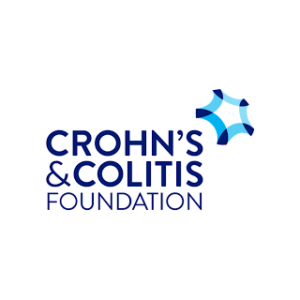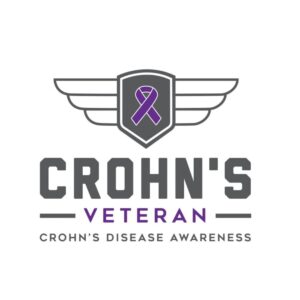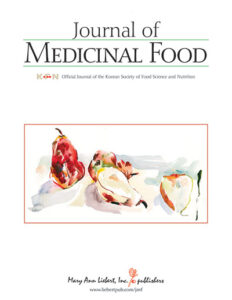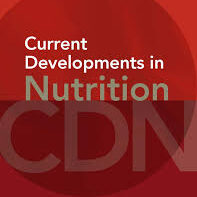Does Coffee Cause Inflammation?
Danielle Gaffen, MS, RDN, LD
- Last Updated
Co-written by Renata Cauchon-Robles
Navigating the world of gut health as someone with IBD can be like searching for the right key in a large set of unknown doors. As an IBD-specialized dietitian and the partner of a husband with Crohn’s disease, I’ve walked alongside many clients and lived the daily realities of managing this condition. Coffee, a beloved beverage worldwide, often comes up in our discussions. Does it exacerbate inflammation, or can it fit into an IBD-friendly diet?
Through years of clinical practice—and personal insight into my husband’s journey—I’ve observed that the answer is not one-size-fits-all. While coffee is known to have anti-inflammatory properties, its effects vary from person to person. Many of my clients have enjoyed their morning brew without issue, particularly when their IBD is well-managed and not in an active flare. However, it’s also wise to be prepared for a prompt visit to the restroom 30-60 minutes post-coffee, as it stimulates the digestive system—a reminder that coffee affects more than just our energy levels.
This article aims to shed light on the intricate dance between coffee consumption and gut health, informed by both the latest research and intimate understanding from personal and professional experiences. Let’s delve into the bitter-sweet complexities of coffee, inflammation, and intestinal well-being.
Coffee and Inflammation
Inflammation is part of the body’s natural healing response. It is an immune reaction when the body has damaged tissue or when it recognizes something foreign. Chronic inflammation can be a symptom of another health condition.
Coffee is one of the most common beverages enjoyed around the world. It is made from different species of the coffee plant. Decaffeinated coffee means the caffeine has been taken out (about 97%) through a washing process.
Coffee is known to support anti-inflammatory and antioxidant effects in the body. There is mixed research for how it impacts people with IBD or other GI-related health concerns.
Is Coffee Anti-Inflammatory?
When we digest coffee, there can be anti-inflammatory and antioxidant effects on the inner lining of the large intestine. Our large intestine breaks down coffee molecules for our body to absorb. Some are called polyphenols.
Polyphenols are found in many fruits and vegetables. They are known for being anti-inflammatory and antioxidants. When coffee is roasted, it enhances its polyphenols. Some of the polyphenols found in coffee include caffeine, chlorogenic acid, diterpenes and trigonelline.
Coffee also has natural fibers. Just like other foods with fiber, these help feed gut bacteria. The available fiber in coffee is about 1.1-1.7mg (0.0011 – 0.0017 grams) per cup. Coffee fibers can increase the diversity of intestinal bacteria by up to 40-60%. These bacteria help reduce inflammation and attack pathogens.
Is Coffee an Antioxidant?
Caffeine is one of the main antioxidants in coffee. Antioxidants help protect the body’s cells from harmful free radicals. One cup of coffee contains about 95mg of caffeine. Caffeine is highest in light-roast coffee.
Coffee is not the only thing that has caffeine. Other items with caffeine include teas like black tea and matcha, dark chocolate, and some sodas.
Does Caffeine Cause Inflammation?
Our digestive tract absorbs caffeine very easily. Studies have observed a protective effect from caffeine for people with colitis. Its enzymes can support damaged intestinal cells. Some regular caffeine consumption may prevent intestinal inflammation, especially for people with a genetic risk for IBD.
The U.S. Food and Drug Administration suggests that drinking up to 4-5 cups of coffee per day has no harmful health effects. Some undesirable side effects of caffeine can include increased anxiety, tremors, insomnia, and increased heart rate.
Does Coffee Cause Inflammation in the Stomach?
Coffee can cause different reactions in the stomach. Caffeine and other polyphenols stimulate the making of stomach acid, which kickstarts digestion. Decaf coffee also has this effect, but less so than caffeinated coffee.
There are mixed studies about how caffeine affects other stomach issues, such as GERD, ulcers, or acid reflux. It’s important to remember that your body can respond to coffee differently whether you drink it on an empty stomach, or during a meal. Adding milk or sugar to your coffee can change how your body responds to it, too.
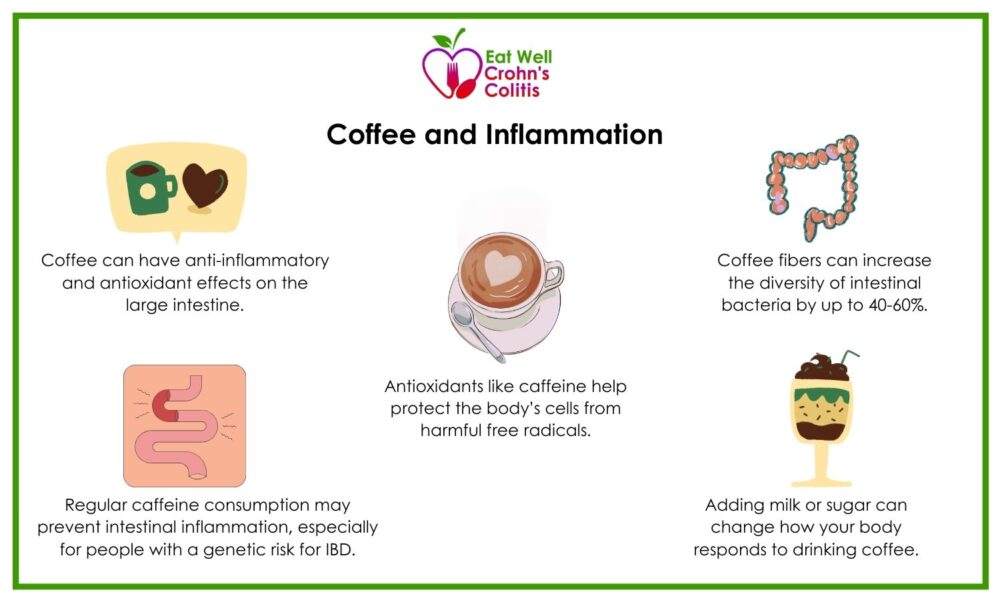
Coffee and Gut Health
A healthy gut is supported by healthy movement and healthy bacteria. Both regular and decaf coffee are known to trigger muscle movement along the colon. It also influences our microbiome. This change mostly takes place in the transverse and descending colon areas of the large intestine.
Regular or decaf coffee can make bowel movements more active as soon as 5 minutes after you drink it, similar to the effects from eating a bowl of cereal. It also acts as a diuretic.
What does this mean? Drinking a cup of coffee can make a visit to the bathroom pretty urgent and may cause looser stools.
Is Decaf Coffee Anti-Inflammatory?
Recent studies show anti-inflammatory benefits from both regular or decaf coffee. Decaf coffee still contains helpful fiber and polyphenols.
Is Coffee Safe to Include in an Anti-Inflammatory Diet?
Some anti-inflammatory IBD Therapeutic Diets include coffee as a safe thing to drink. For example:
- IBD Anti-Inflammatory and Autoimmune Protocol Diets have no coffee restrictions. These do restrict milk and most sweeteners, except honey.
- Specific-Carbohydrate Diet suggests weak coffee only, with no added sugar or milk.
- Mediterranean and Semi-Vegetarian Diets suggest minimal use of sweeteners. These have no dairy restrictions.
When and How do You Take Your Coffee?
- Adding sugar can counteract the benefits of consuming coffee. Sugar alters your microbiome and can increase inflammation.
- Regular or decaf coffee can make it harder to absorb iron from a meal. Low iron levels can make you feel tired, cold, and easily weak. To avoid this, try drinking coffee between meals instead.
- As you take care of yourself on your IBD journey, notice how caffeine impacts your sleep. Caffeine is a stimulant that can keep you awake. Try to avoid caffeine 6-8 hours before going to bed.
Take Home Message
Coffee is known to have helpful anti-inflammatory and antioxidant effects. It can also support a healthy gut.
It’s important to learn what works for you! Keep in mind that the effects of coffee can vary if it is light-roast, or medium-roast or dark-roast. Adding milk or sugar can also change how your body responds to drinking coffee.
Need help remembering which foods are inflammatory or anti-inflammatory? You can download your very own guide with a helpful list of foods. Get started on your nutritional journey to live free with IBD!




